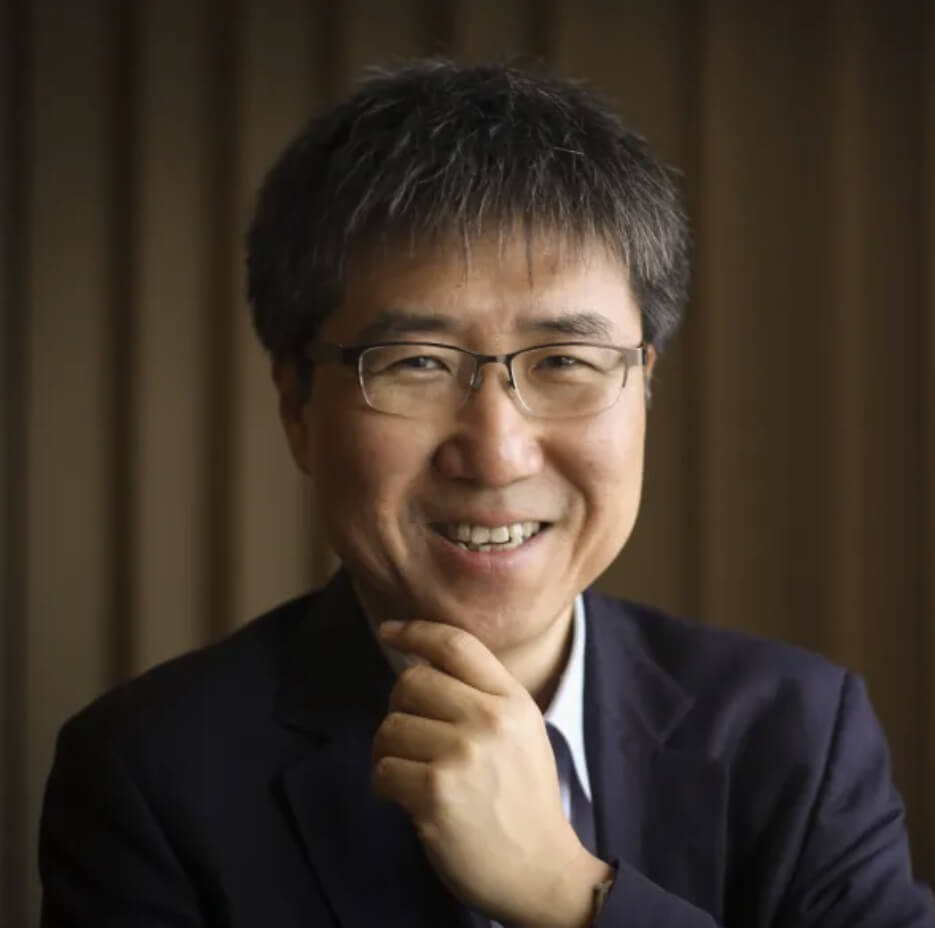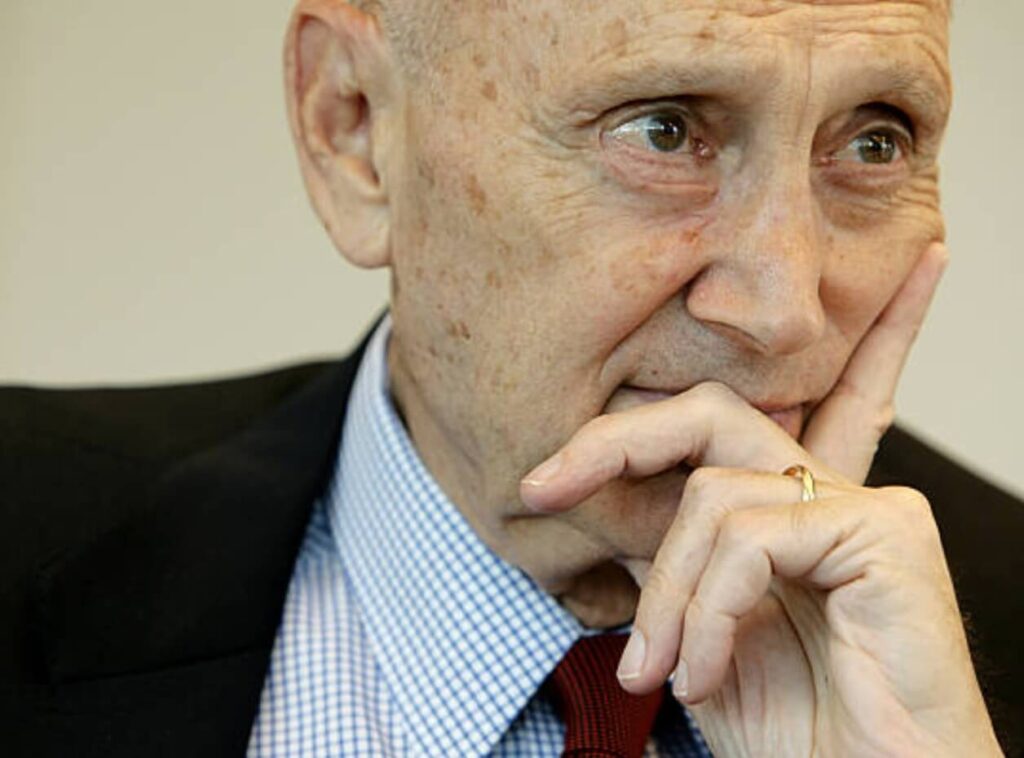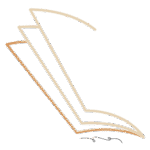Ha-Joon Chang is one of the most original and outspoken voices in contemporary economics. A passionate advocate for economic justice, development, and intellectual diversity, Chang has consistently challenged the conventional wisdom of free markets, globalization, and neoliberalism. Through bestselling books, public talks, and academic work, he has become a guiding figure for those seeking alternatives to the mainstream economic narrative.
His work stands at the intersection of history, politics, and economics — and it asks a crucial question: What if the dominant economic theories aren’t just flawed, but actively harmful to the world’s poorest people?
👨🏫 Ha-Joon Chang’s Background and Academic Career
Born: October 7, 1963, Seoul, South Korea
Ha-Joon Chang was born in post-war South Korea, a country then considered one of the poorest in the world. His experiences growing up in a rapidly industrializing nation shaped his views on economic development and international policy. He earned his undergraduate degree in economics from Seoul National University before moving to the United Kingdom to pursue graduate studies.
At the University of Cambridge, Chang earned both his M.Phil. and Ph.D. in economics. He stayed on to teach and has spent decades as a Reader in the Political Economy of Development at Cambridge’s Faculty of Economics. He is also a Fellow at Jesus College and a globally sought-after speaker, commentator, and advisor to international organizations.
🏆 Ha-Joon Chang’s Major Contributions and Achievements
🌐 Debunking Economic Myths
Chang is best known for challenging the ideology that free markets and minimal government intervention are the best path to prosperity. He has shown, through historical and empirical analysis, that most of today’s wealthy nations used extensive government regulation, protectionism, and industrial policy to achieve growth — only to later advise (or pressure) developing countries to avoid those very same strategies.
📉 Critique of Neoliberalism
His seminal book Kicking Away the Ladder (2002) launched a powerful critique of global economic policy, arguing that rich countries actively prevent poorer countries from using the tools they once used to develop. This work earned him the Gunnar Myrdal Prize and made him a major figure in development economics.
🧠 A Pluralist View of Economics
Chang insists that economics should not be treated as a purely technical science governed by immutable laws. Instead, he promotes a pluralist approach that incorporates history, sociology, politics, and culture — broadening the scope of what economic analysis can and should include.
📢 Public Educator and Global Thinker
With his engaging style and sharp wit, Chang has become one of the most influential communicators of economic ideas to a non-specialist audience. His books are known for being accessible, humorous, and deeply insightful — a rare combination in economics.
📚 Essential Books by Ha-Joon Chang
Kicking Away the Ladder (2002)
A landmark work that uses historical data to show how today’s developed countries used protectionist and interventionist policies before promoting free-market orthodoxy. A must-read for anyone interested in development economics.
Bad Samaritans: The Myth of Free Trade and the Secret History of Capitalism (2007)
Written for a general audience, this book continues Chang’s critique of globalization. It exposes the contradictions in international economic advice and shows how policies forced on developing countries often harm them.
23 Things They Don’t Tell You About Capitalism (2010)
A global bestseller that unpacks economic myths with clarity and humor. Chang argues that many accepted truths — like “markets are always efficient” or “people are paid what they’re worth” — are not only false but dangerous.
Economics: The User’s Guide (2014)
Aimed at newcomers to the subject, this book presents a refreshingly honest, broad-minded view of economics. It outlines the key schools of thought, their assumptions, and real-world implications — encouraging readers to think critically.
Edible Economics: A Hungry Economist Explains the World (2022)
In this imaginative book, Chang uses food metaphors — from kimchi to chocolate — to explore major economic ideas. Blending storytelling and policy insight, it’s both delightful and profound.
Globalization, Economic Development and the Role of the State (2003)
A more academic volume, this collection of essays argues that governments can and should play an active role in shaping economic outcomes — especially in developing nations.
The Political Economy of Industrial Policy (1994)
One of Chang’s earlier and more technical books, it lays out a strong case for industrial policy as a legitimate and necessary tool for economic development.
Reclaiming Development (2004, co-authored with Ilene Grabel)
This book offers practical, policy-based alternatives to neoliberal development strategies, especially for countries grappling with poverty, inequality, and debt.
🗣️ Ha-Joon Chang’s Public Voice and Media Presence
Ha-Joon Chang is more than a theorist — he’s a skilled communicator. His TED Talks and public lectures have millions of views, and his op-eds in outlets like The Guardian, Project Syndicate, and Al Jazeera bring accessible economic commentary to a global audience. He has been a strong critic of the IMF and World Bank policies and is often cited by international development organizations and NGOs working for economic justice.
He is also known for his humor and candor. In interviews, Chang has quipped that believing in free-market capitalism is like believing in fairies — charming, but not supported by history.
🎯 Legacy and Continuing Relevance
At a time when inequality is rising, faith in globalization is wavering, and many are questioning whether our economic system is sustainable or fair, Ha-Joon Chang’s work is more relevant than ever. He has consistently argued for a more balanced, realistic approach to economics — one that puts people, history, and context at the center.
His ideas have influenced academics, development professionals, and activists alike. More importantly, his writing has empowered readers across the world to ask hard questions about how our economies are structured — and who benefits from the status quo.
Whether you’re a student exploring economics for the first time, a policymaker looking for alternatives, or simply a curious citizen, Ha-Joon Chang’s work offers both critique and hope — a vision of economics that is not only more accurate but more humane.




